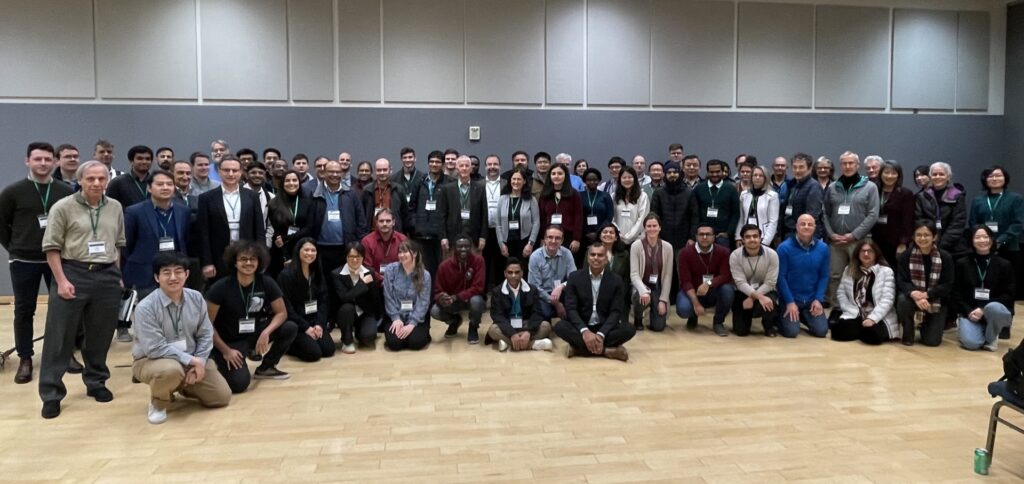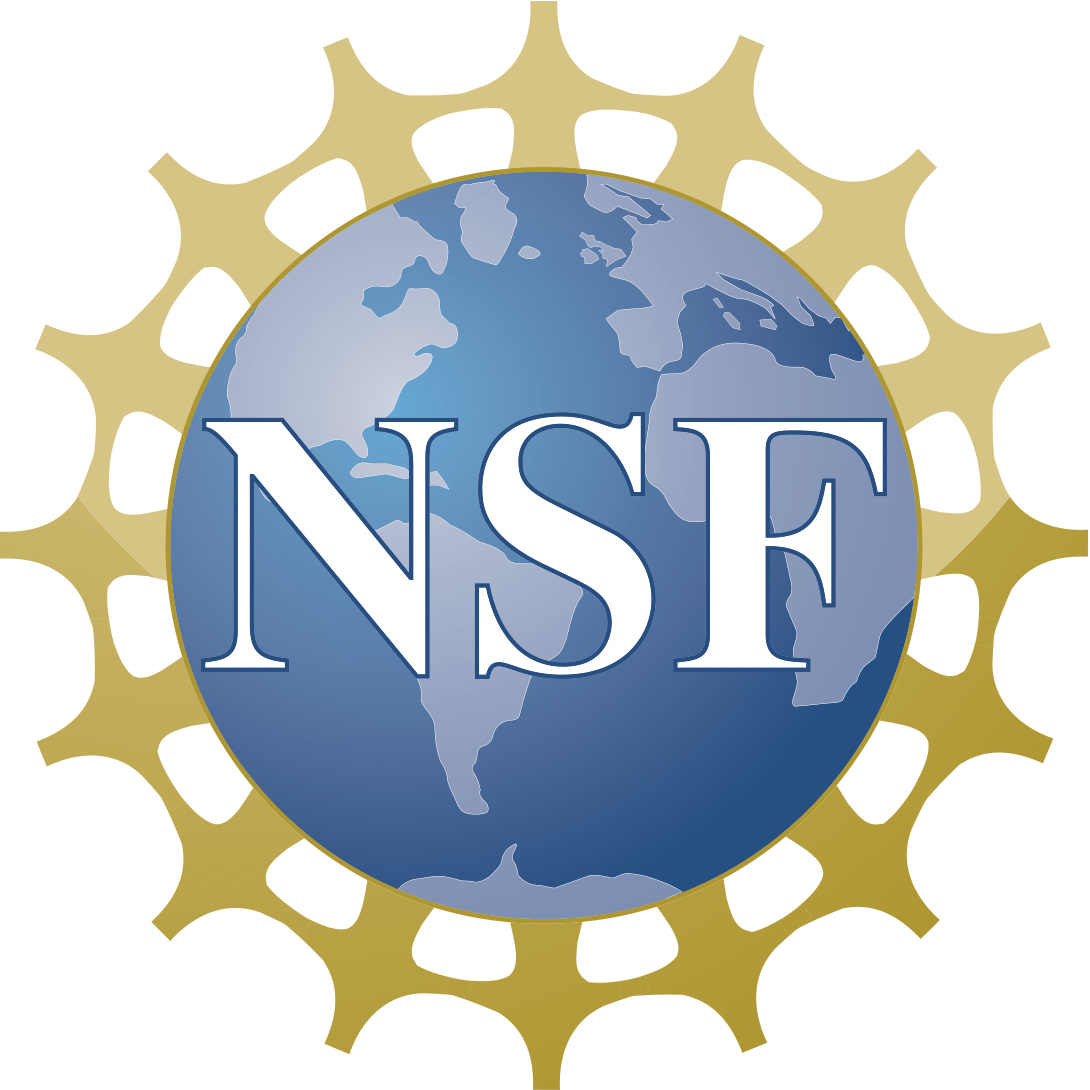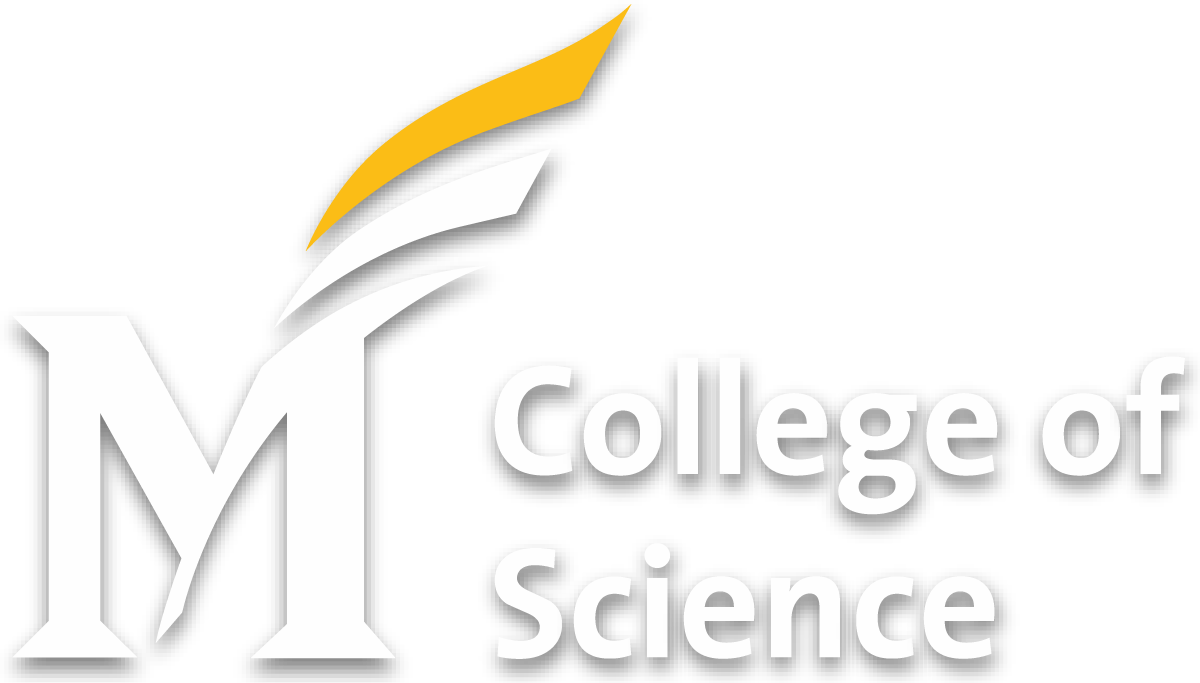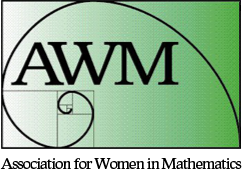Welcome to the Mathematical Opportunities in Digital Twins (MATH-DT) Workshop
DECEMBER 11th – 13th, 2023
Recent advances in physics-based modeling, data-science, sensor technology, and computational mathematics have made it feasible in many areas to produce a Digital Twin of a complex real world system. Such twins have shown significant promise to better understand, monitor, predict, and control real-world systems, particularly in cases where not every aspect about the system can be observed or modeled.

Goal: This workshop brings together key experts working in many aspects of mathematics, key application fields, and industry with the goal to determine the ways in which mathematics can contribute to the research on Digital Twins and how Digital Twins can open up new mathematical directions, as well as to identify connections, synergies, and organizational efforts within the mathematical community, and to/with other disciplines.
Topics: Some of the broad topics that make Digital Twins feasible to be covered under the workshop are: Modeling, Scientific Computing, Machine Learning, Reduced Order Modeling, Randomized Methods, Uncertainty Quantification, Optimization, and Control.
Format: The workshop consists of invited talks, poster sessions, demo sessions, and two panels focusing on applications and program officers from various funding agencies.
Registration:
Everyone is required to register!
MATHDT Registration form and deadlines can be found below:
*Regular registration deadline is November 10, 2023.*
*For poster and demo sessions the registration deadline is October 13, 2023.*
Financial Support: Limited financial support is available, see registration page for details

Additional Information:
MATHDT Program
View the full list of panels and presentations that will take place during all 3 days of the MATH DT Workshop.
Speakers
View our full list of speakers and panelist that will be speaking and presenting their work.
Directions & Accommodations
View directions to Van Metre Hall where the conference will be held as well as details for special local hotel accommodations for those traveling to the area.
Organizers
Local support team: Ratna Khatri (US Naval Research Lab), Juan Cebral (GMU), Rainald Loehner (GMU), and Mahamadi Warma (GMU)








